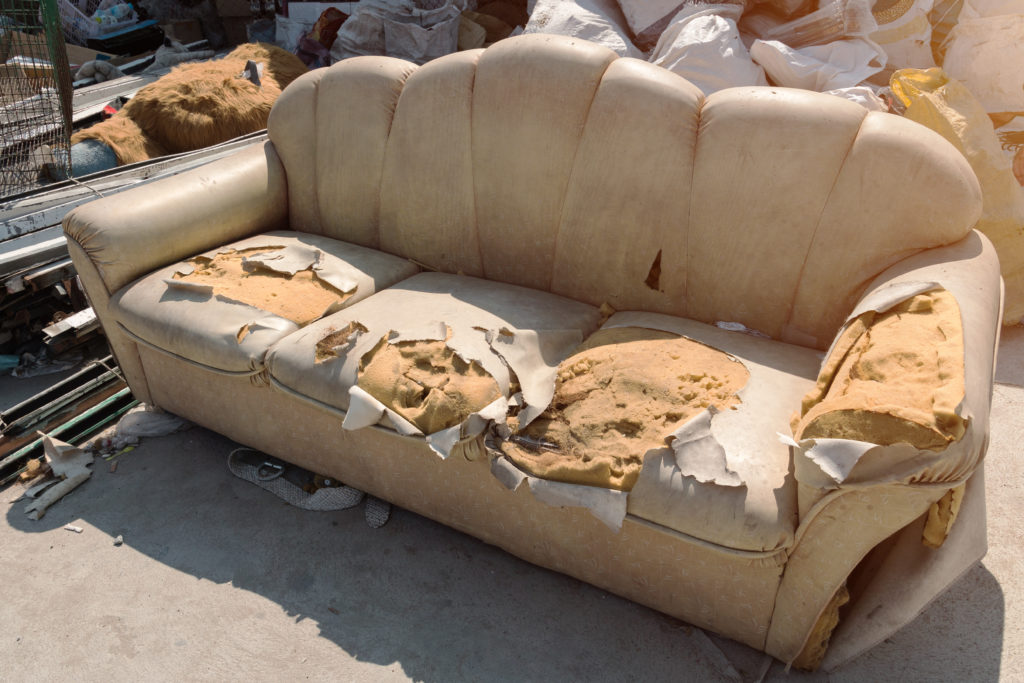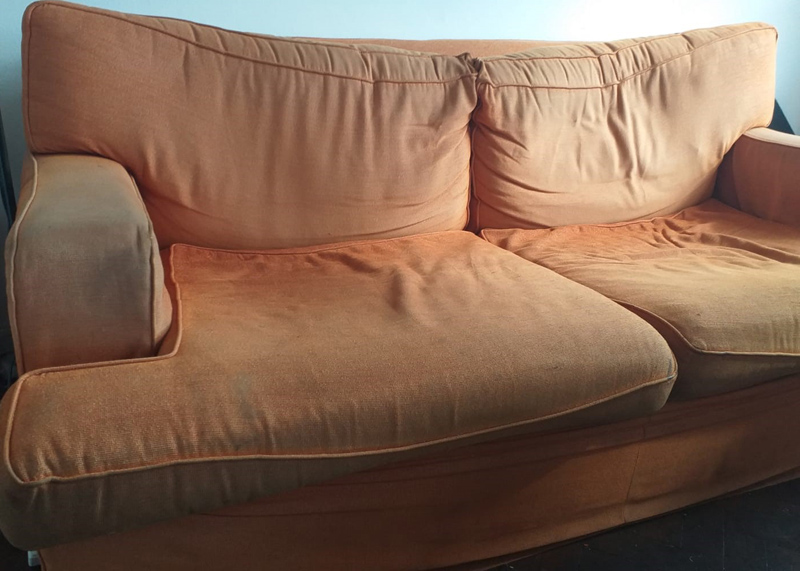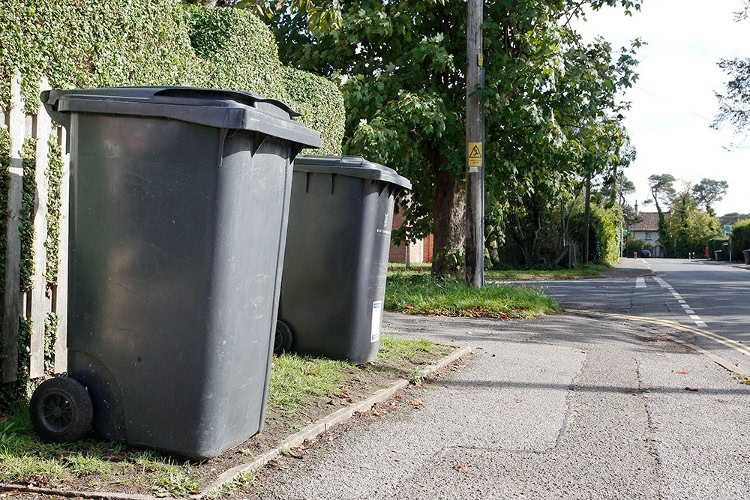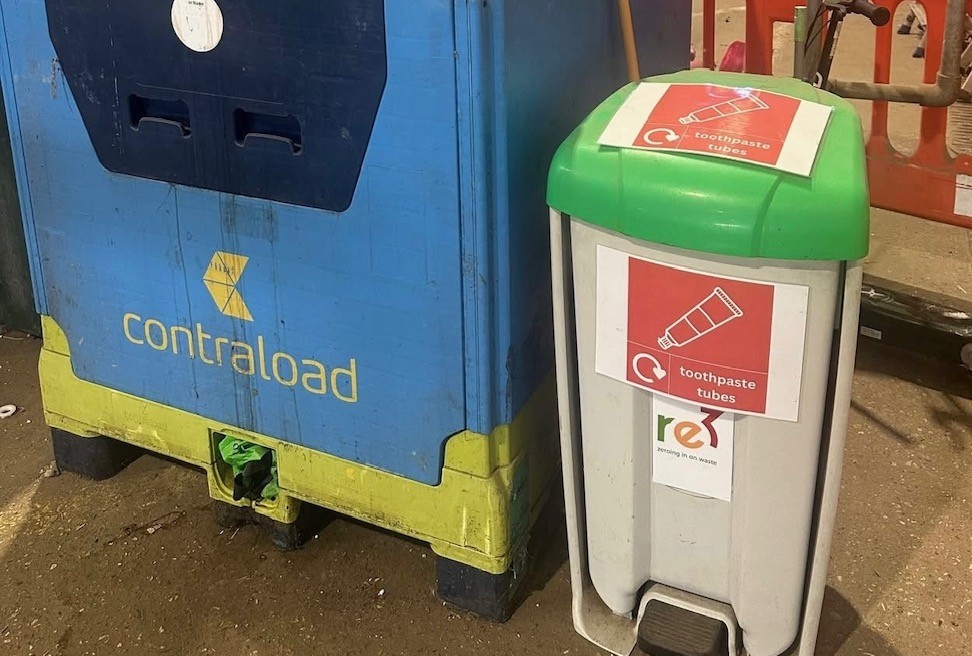Some local authorities, including Cumbria and Cambridgeshire county councils, have temporarily stopped accepting waste upholstered seating items at their household waste recycling centres (HWRCs) due to new legislation stating this material must not be sent to landfill (see letsrecycle.com story). District councils in the two areas have also made changes to their bulky waste collections.
The Agency told councils it would undertake an assessment of compliance “across the sector” from the start of this year. Yesterday (5 January), however, the regulator reiterated to letsrecycle.com its initial approach to compliance has been to “provide advice and guidance”. The Agency says it plans a “more formal compliance campaign” “later in 2023”.
Asked if councils should not accept waste upholstered domestic seating if they had no treatment route other than landfill, the Agency said HWRCs should be authorised to accept this material under their environmental permit.
The regulator said it had provided a regulatory position statement (RPS) to help local authorities to store this waste temporarily if they experienced short term difficulties in arranging incineration (see letsrecycle.com story).
‘Reply by’
After an investigation in 2021 found large levels of POPs in seating textiles and foams, the Environment Agency wrote to councils last August instructing them that from the start of this year all upholstered waste domestic seating must be incinerated (see letsrecycle.com story).

In the letter, the Agency asked local authorities and their contractors to respond by 31 December to say if they were compliant. The Agency says this was intended as a “reply by” rather than a “comply by” date.
Most councils have made or are making provision for the correct disposal of waste upholstered domestic seating and are still accepting it, the Agency believes.
While waste management organisations will need to make changes, the Agency says, householders should get rid of their old furniture in “the usual way”.
The Agency says it published “full guidance” – reflecting the advice it issued via its letter in August – alongside its RPS in December. The environmental regulator says it continues to provide support to councils who contact them for advice on compliance and remain engaged strategically with local authority representatives.
POPs
An Environment Agency spokesperson told letsrecycle.com: “Persistent organic pollutants are harmful to human health and the environment, so it is important that waste containing these chemicals is taken to authorised facilities for destruction.
“Defra and the EA have been engaging with local authorities since 2021 to explain the law around these chemicals and offer guidance where necessary.
“Almost all are making provision for the correct onward disposal of this waste and are still accepting it.”
Clarity
Despite the Environment Agency’s attempts to clarify the requirements, James Ward, vice chair of the Local Authority Recycling Advisory Committee (LARAC), which represents local authority recycling officers, suggested many councils were still confused.
Local authorities are not completely clear about how to comply with what we understand is new enforcement of existing legislation– James Ward, vice chair of LARAC
He said: “Until we have further clarity from government, local authorities are not completely clear about how to comply with what we understand is new enforcement of existing legislation.”
LARAC says some councils are coming up with solutions such as using ‘sofa bags’ to contain POPs items for acceptance at their waste transfer stations. Local authorities are also adapting their collection models for bulky and fly-tipped material to keep these items separate, LARAC says.
Letter
The recycling officers’ organisation also says it is awaiting a response from the Environment Agency and Defra following a letter addressing the issue sent by the Waste Network Chairs (WNC) in December.
The WNC is a forum established for coordination between the key local authority waste networks, which include LARAC, the Association of Directors of Environment, Economy, Planning & Transport’s waste group and the National Association of Waste Disposal Officers, among others.
“Councils are already struggling financially. The changes needed to deal with POPs items will no doubt exacerbate the situation,” Mr Ward said. “We urge Defra and the EA to respond to the WNC’s letter as soon as possible and give councils the information they need to move forward.
“It is obvious that full compliance with POPs legislation/guidance is not going to happen overnight and the RPSs will provide a degree of flexibility in meeting the requirements in terms of timescales.”
LARAC says it is also aware that the deadline to respond to the Agency on how councils will be compliant is now 31 January.









Subscribe for free